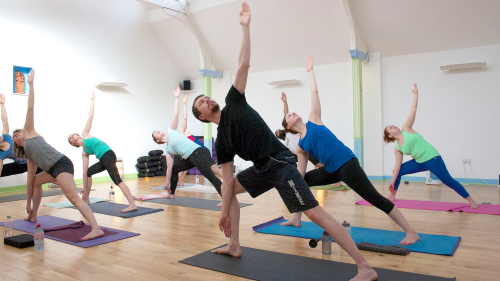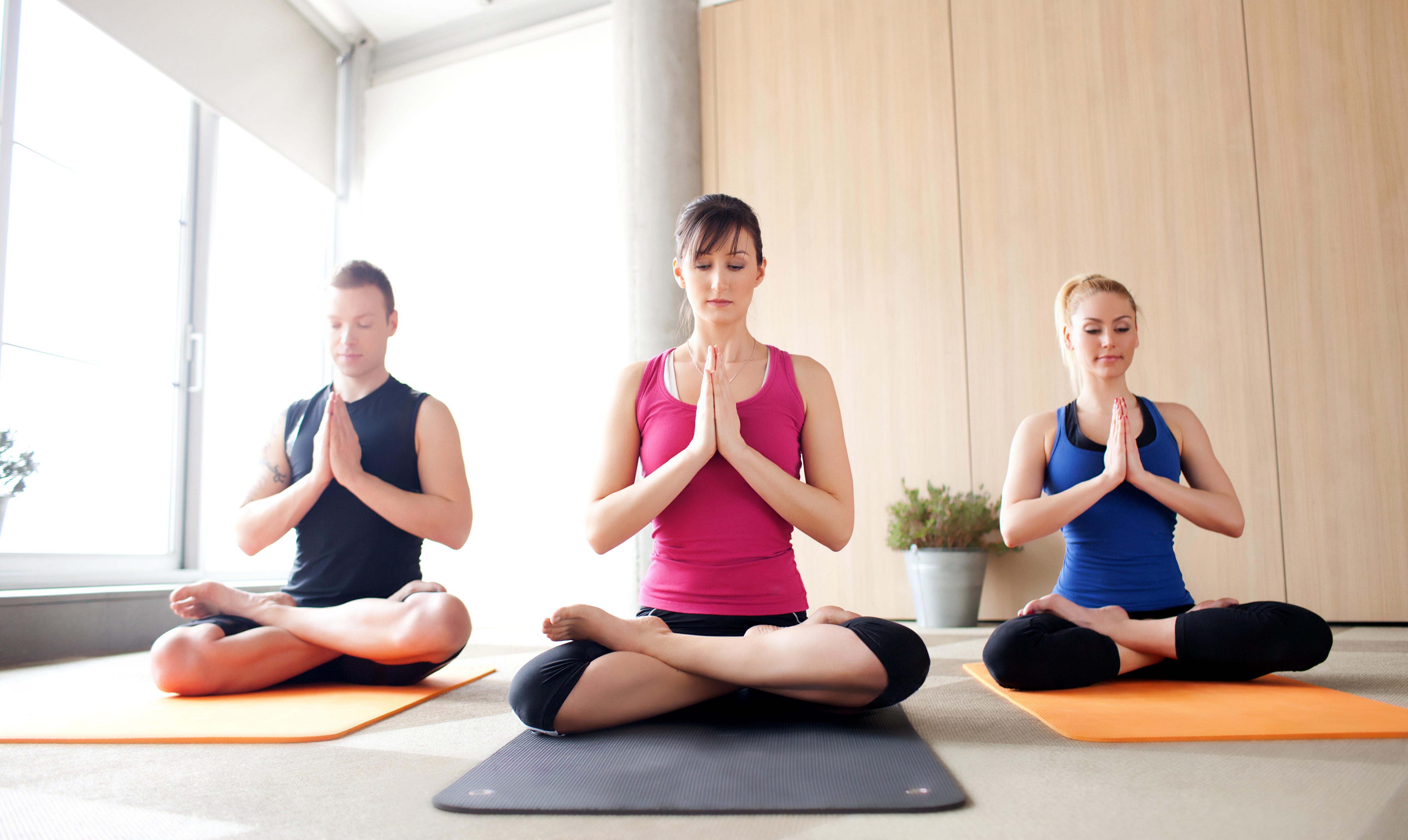The average person sees yoga as an exercise technique stars and celebrities around the world practice to stay in shape and show off on social media, but it is much more than that. Yoga is a mindset originating in ancient India that can be linked to Hinduism, Buddhism, and Jainism.
-
Schools Of Thought
Yoga, as aforementioned, finds roots in religious institutions throughout the history of ancient India. In Hinduism, it is considered a philosophical school of thought. Meanwhile, it encompasses meditation techniques aimed at the enhancement of tranquility, insight, and mindfulness in Buddhism. As for Jainism, it embodies practices of spirituality, the goal of which is complete freeing of the practitioner’s soul and attaining salvation.

-
Modern History
In the 19th century, yoga reached the western world, mainly considered as a meditation technique and a work of philosophy. By the late 1800’s and early 1900’s, it was seen as a scientific matter needed to be studied starting with N. C. Paul and Major D. Basu.
By the end of the first half of the 20th century, and specifically in the U.S., yoga was introduced as the exercise form most of us know it as today. Met with criticism at first, it gained prominence at three different periods in time.
- Starting in the 1960’s, many neo-Hindu schools opened their doors to a wide western public, which included tantric and fitness elements in their teachings.
- A second period of prosperity was the 1980’s, which saw yoga get detached from any religious forms, and become a purely physical form of exercise benefiting heart health and containing asanas (or poses) strongly resembling western fitness traditions of the 19th
- Since the turn of the century, yoga has known its third and most important “boom”, seeing as the number of practitioners quintupled during the first decade of the third millennium.
-
Uses And Benefits
Yoga is now integrated into many exercise, fitness, and school P.E. programs, and is advised by doctors worldwide to help with physical injuries and for overall mental well-being:

- As A Physical Exercise:
Yoga has been prescribed to help with healing physical injuries on numerous occasions. Since hot temperatures and slow movements were shown to benefit the healing process, Yoga comes in handy, but not without peril: yoga has been known to cause some physical injuries of its own, which is the reason why it is highly recommended that it only be practiced in the presence of a qualified professional, as extensive and comprehensive training is needed, seeing as knowing the “raison d’être” of yoga and good knowledge of its techniques as a physical exercise is crucial in attaining the adequate mastery needed to practice said exercises and avoiding injuries.
- Mental Benefits:
Research has shown over the years the benefits yoga has on mental health. It is thus used in the treatment of many mental issues, e.g. schizophrenia, mood disturbances, and everyday problems, such as anxiety, stress, insomnia… thus making yoga one of the best techniques of meditation to practice today.






